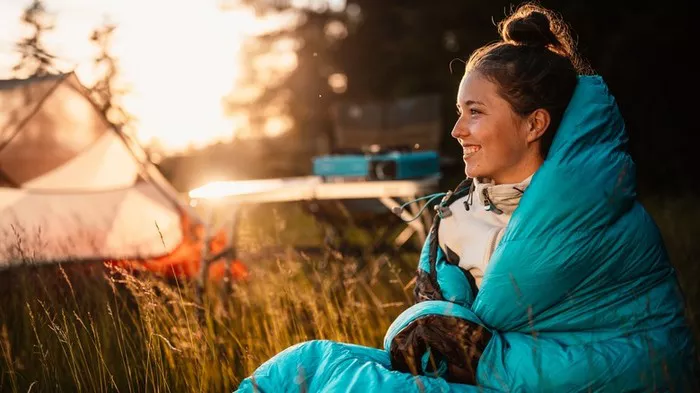Camping can be a daunting prospect, even for seasoned travelers, particularly when heading into the wilderness alone—especially as a woman. Despite the initial fears, solo camping can be a profoundly liberating experience, offering a chance to connect with nature, ground oneself, and embrace the peace and beauty of the outdoors.
For many, the wilderness may feel intimidating due to the vulnerability it represents. The unpredictability of nature, the possibility of encountering animals, or even the fear of crossing paths with strangers can amplify these anxieties when alone in the great outdoors.
However, Black women who have ventured out for solo camping trips are sharing their experiences, encouraging others to take on the challenge of solo camping and discover its rewards. Their stories reveal that while fear is natural, it can be overcome, transforming the experience into one of empowerment and personal growth.
Black Women’s Solo Camping Experiences: Insights and Advice
In an article published by National Geographic, Lauren Gay, the voice behind the Outdoorsy Diva blog, shared her insights on solo camping. The Tampa-based mother and outdoor enthusiast reflected on her first solo camping trip, acknowledging the importance of preparation—both physically and mentally—to overcome her fears. “Intuition is our first natural defense mechanism,” Gay emphasized, explaining how trusting her instincts helped her face the unknown.
“The first time I camped by myself, I was absolutely terrified,” Gay admitted. As a Black woman, she felt an added layer of uncertainty due to the potential for encountering individuals with varying viewpoints. Yet, she pushed through these fears.
“It was so serene,” she recounted, describing the peacefulness of waking up alone in the wilderness. “Just knowing that you can truly take care of yourself transfers that same feeling of confidence into your everyday life. It helps you tackle obstacles or meet the goals you set.”
Nicole Snell, CEO of Girls Fight Back, echoed Gay’s thoughts on the importance of intuition. Snell stressed the value of setting clear boundaries when venturing into nature solo. “Being out in nature isn’t inherently more dangerous than walking down the street,” she noted. “We often feel helpless because we’re alone, but that’s simply not true.”
Snell emphasized the message of empowerment. “Empowerment doesn’t mean saying, ‘Don’t ever go solo,’” she explained. “It means encouraging people to hike solo, travel solo, live their life—while also paying attention to their intuition. If something triggers a gut reaction, listen to it.”
Both women’s experiences highlight the power of intuition, preparedness, and self-reliance in solo camping. Their stories show that fear doesn’t have to stop anyone from exploring the wilderness alone—especially Black women, who may face unique challenges when embarking on such journeys. By trusting themselves and embracing the adventure, they’ve found strength, serenity, and a deeper connection with nature.
Their message to others is clear: solo camping can be an empowering and transformative experience for those willing to face their fears.

